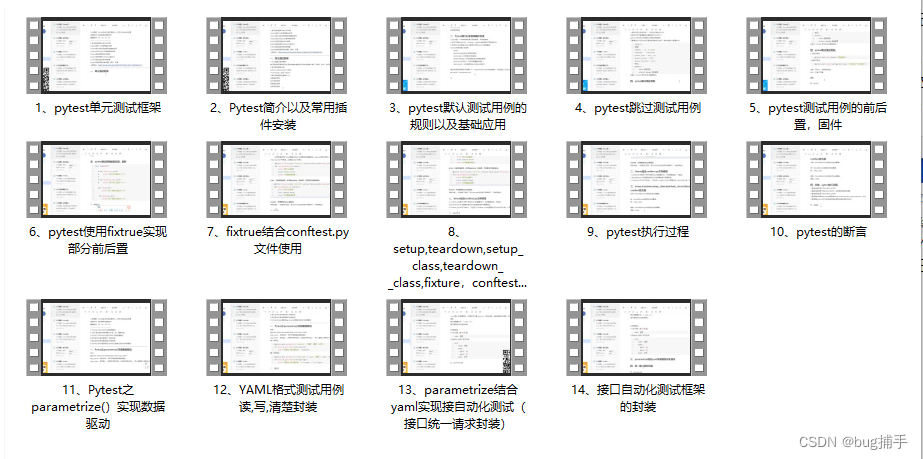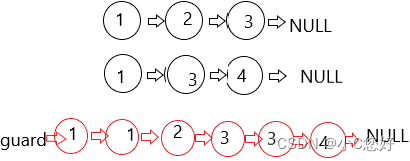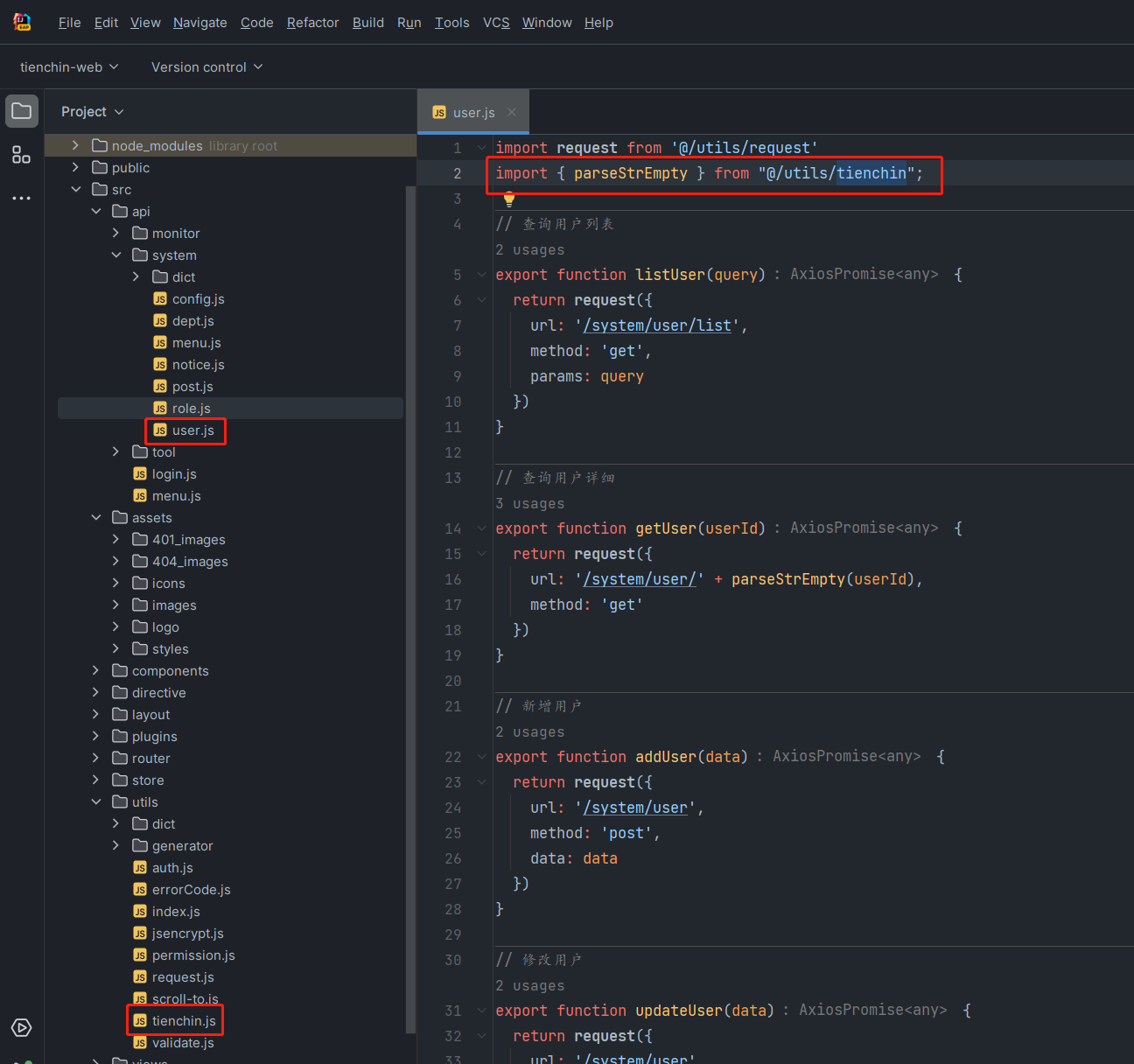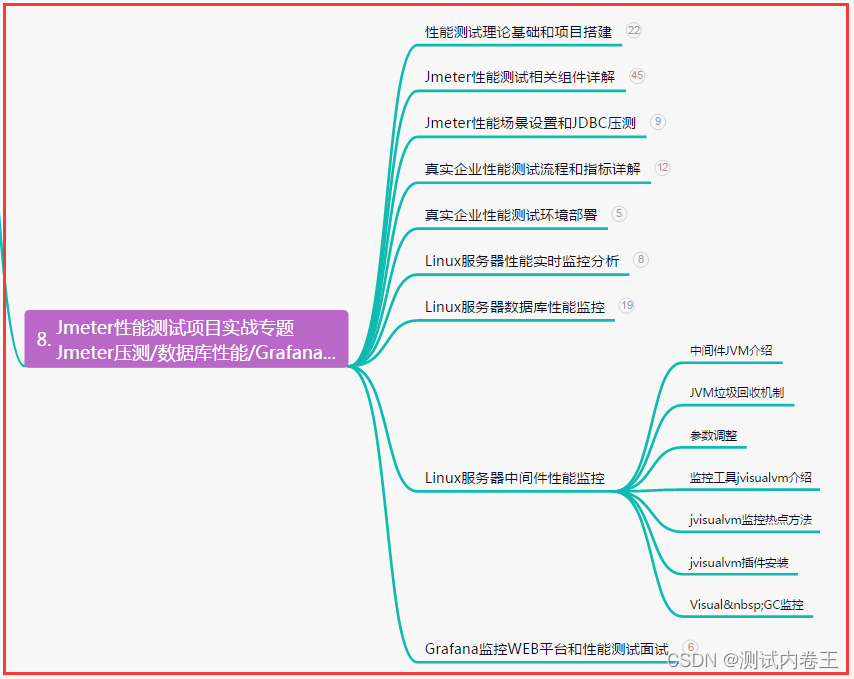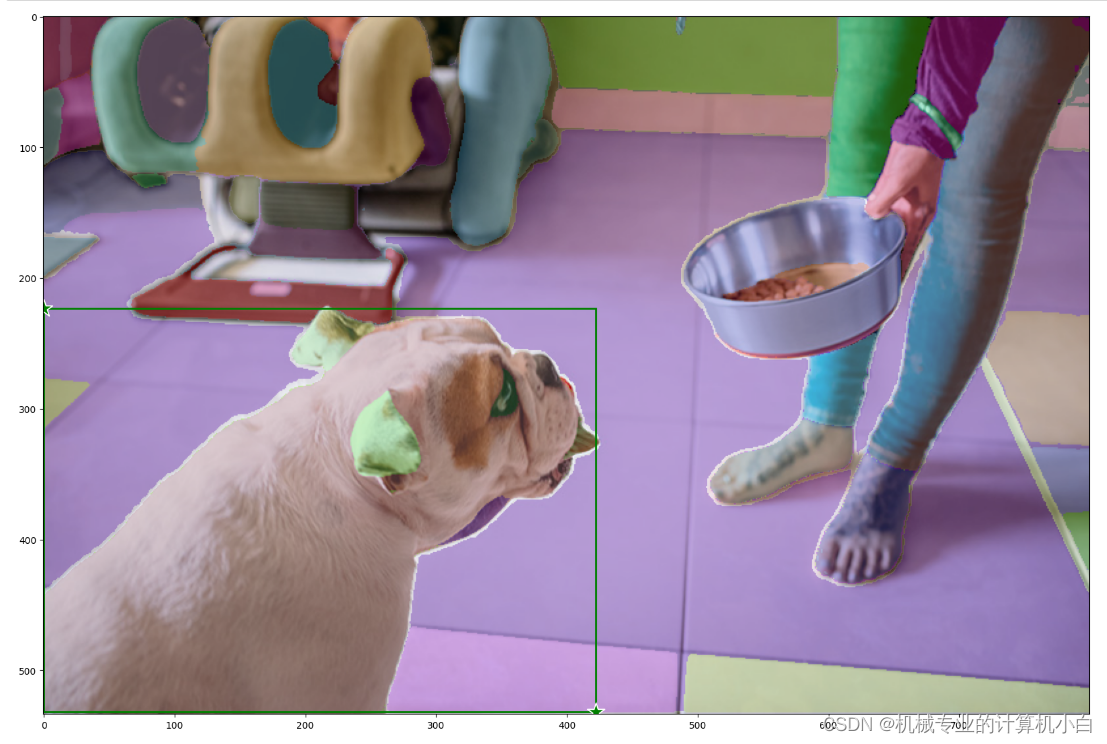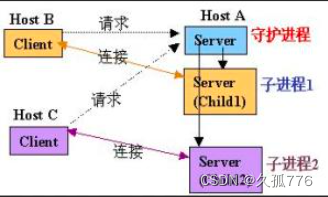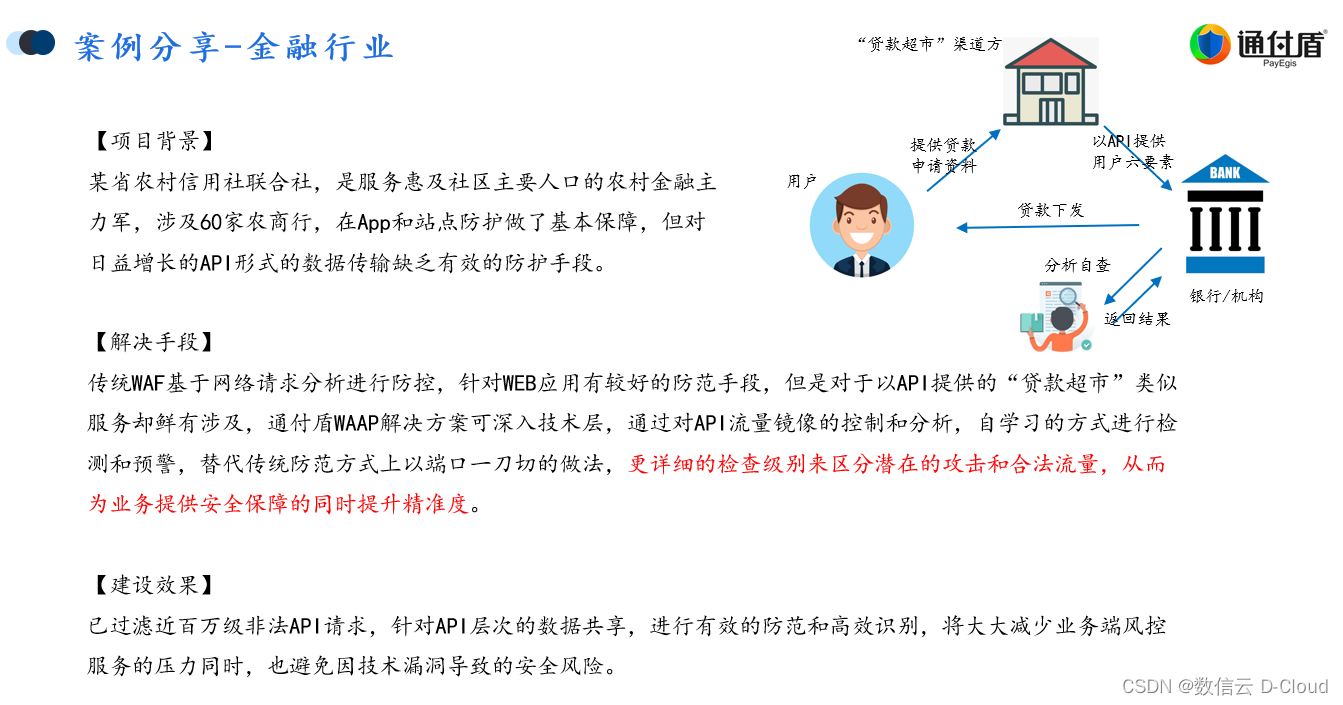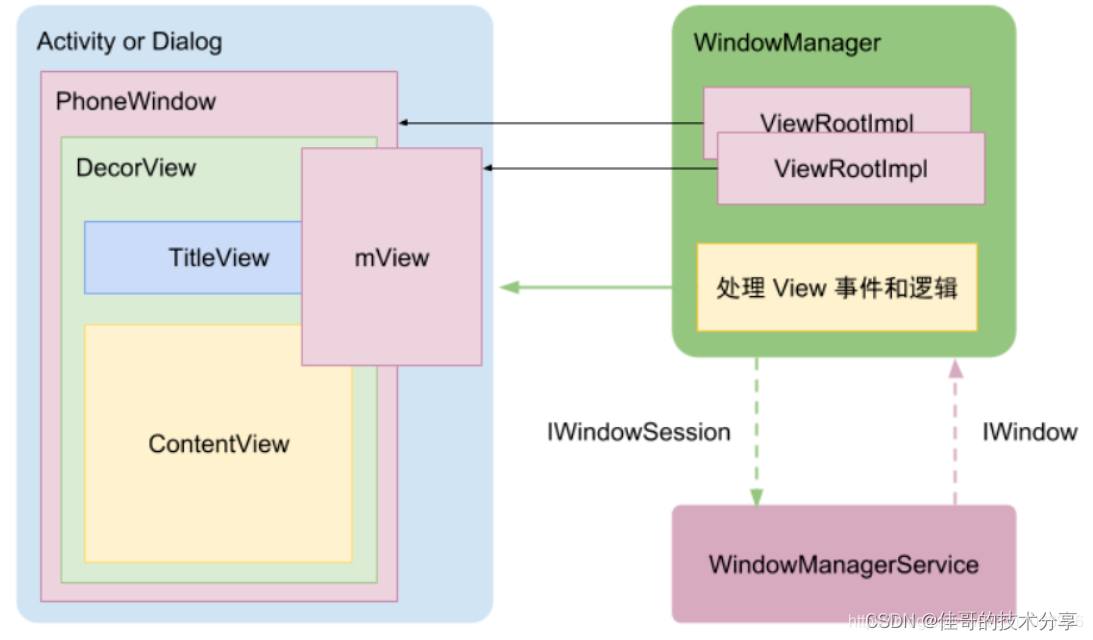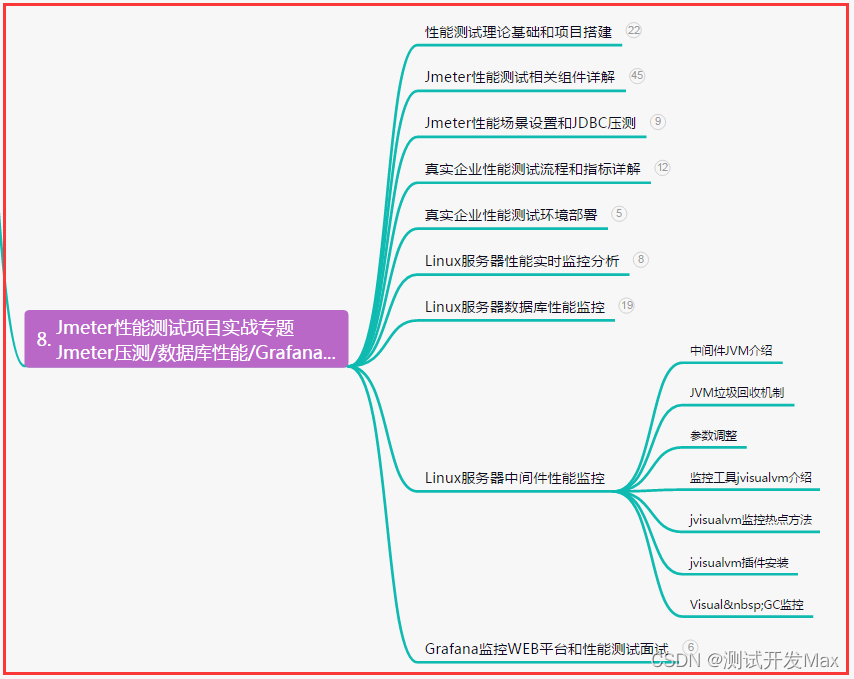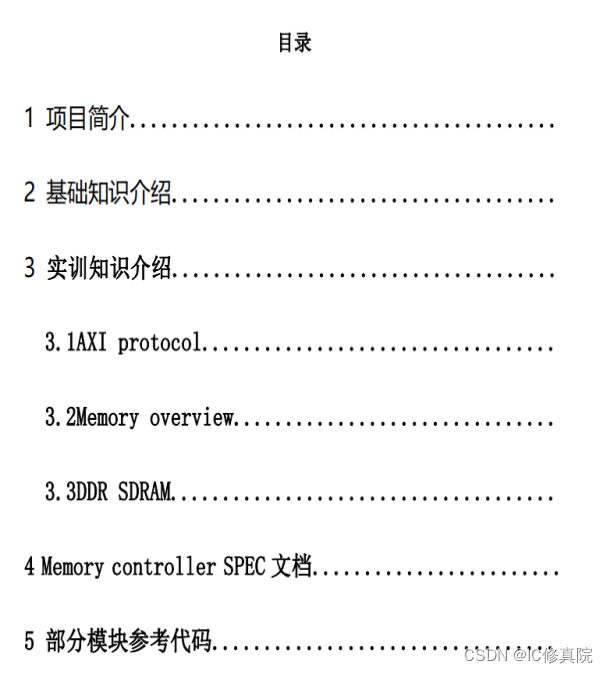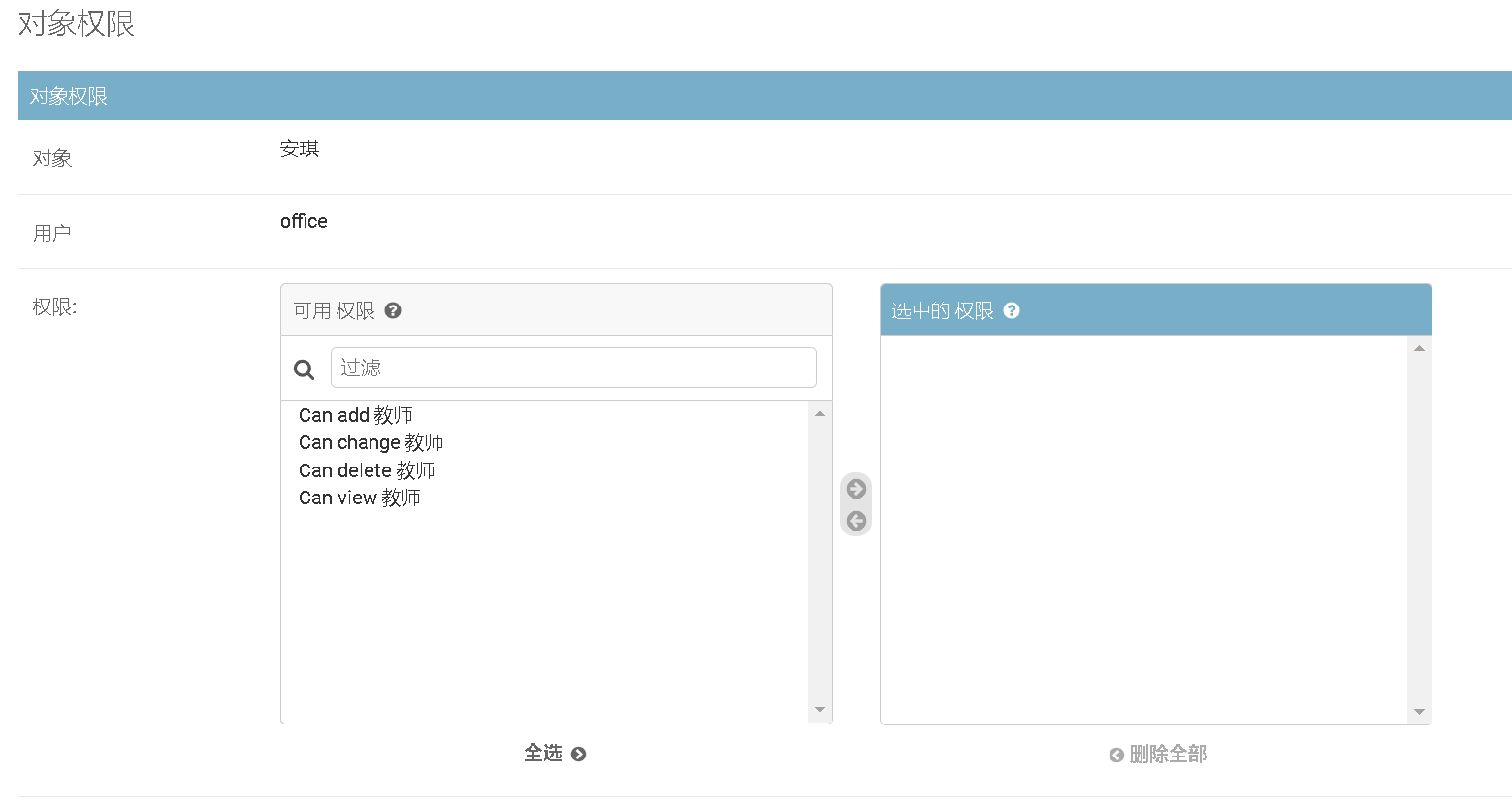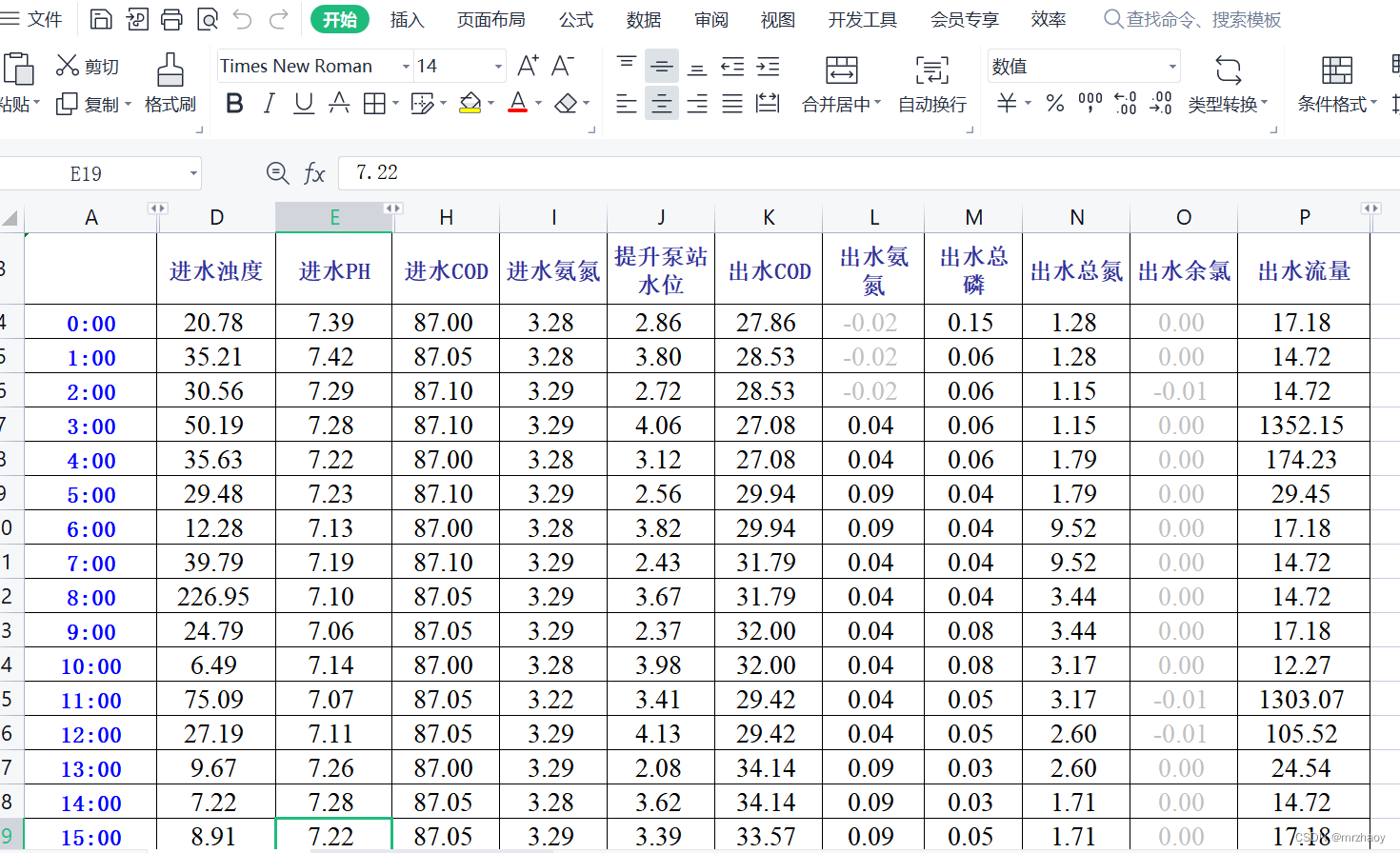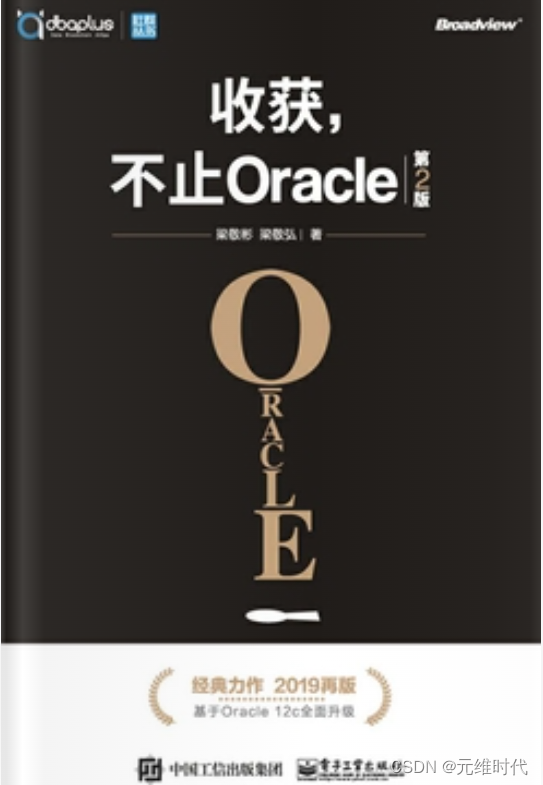定制报告需要先导入allure模块,再使用以下装饰器方法:
- feature: 标注主要功能模块。
- story: 标注feature功能模块下的分支功能。
- description:在报告中显示用例描述。
- step: 标注测试用例步骤。
- issue && testcase:标注用例关联的链接。
- attach: 添加一些附加内容到测试报告中。
- severity: 标注测试用例的重要级别,包含blocker, critical, normal, minor, trivial 几个不同的等级。
feature && story
主要用于为用例分层级
import allure
@allure.feature("评论模块")
class TestComment:
@allure.story("填写所有信息,点击提交,预期评论成功")
def test_001(self):
print("\n填写信息")
print("\n点击提交")
@allure.story("不输入任何信息,点击提交,预期提示填写必填项")
def test_002(self):
print("\n点击提交")报告样式如下:

description
用于在报告中增加用例描述信息,除了这个方法外,还可以在方法下使用3个引号的方式增加用例描述信息。
import allure
@allure.feature("评论模块")
class TestComment:
@allure.story("填写所有信息,点击提交,预期评论成功")
@allure.description("用例描述...这样...那样...")
def test_001(self):
print("\n填写信息")
print("\n点击提交")
@allure.story("不输入任何信息,点击提交,预期提示填写必填项")
def test_002(self):
"""用例描述...也可以...这样...那样"""
print("\n点击提交")报告样式如下:

step
在报告中增加测试步骤的显示。
import allure
@allure.feature("评论模块")
class TestComment:
@allure.story("填写所有信息,点击提交,预期评论成功")
@allure.description("用例描述...这样...那样...")
def test_001(self):
with allure.step("1、填写信息"):
print("\n填写信息")
assert 1 == 1
with allure.step("2、点击提交"):
print("\n点击提交")
assert 2 == 1
@allure.story("不输入任何信息,点击提交,预期提示填写必填项")
def test_002(self):
"""用例描述...也可以...这样...那样"""
print("\n点击提交")报告样式如下:
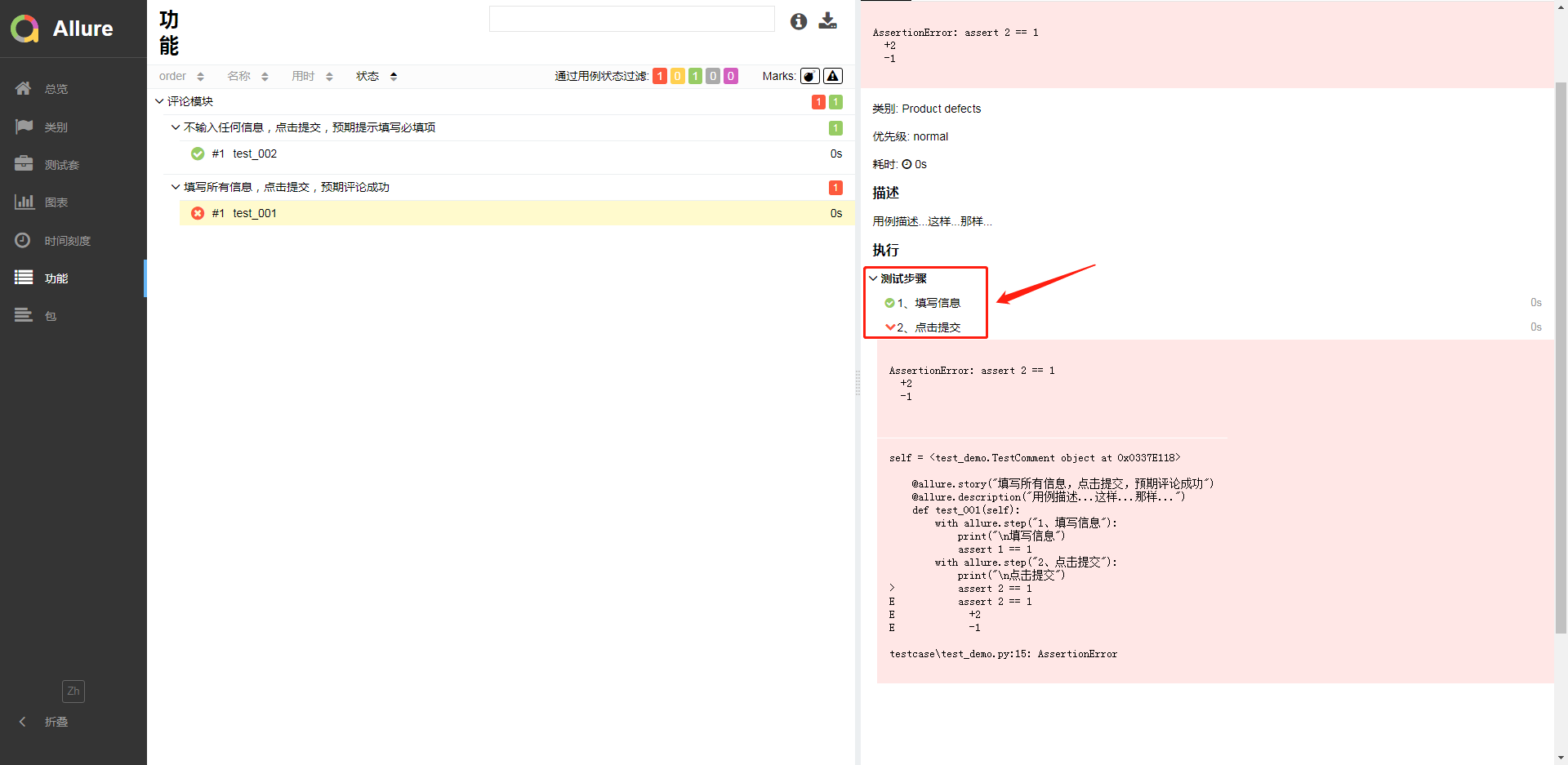
issue && testcase
issue与testcase用于在报告中增加关联链接,用法基本一样,第1个参数为关联的url地址,第2个为缺省参数,作用是为地址的别名。
import allure
@allure.feature("评论模块")
class TestComment:
@allure.story("填写所有信息,点击提交,预期评论成功")
@allure.description("用例描述...这样...那样...")
@allure.issue("http://www.baidu.com")
@allure.testcase("http://www.baidu.com", "百度一下")
def test_001(self):
with allure.step("1、填写信息"):
print("\n填写信息")
assert 1 == 1
with allure.step("2、点击提交"):
print("\n点击提交")
assert 2 == 1
@allure.story("不输入任何信息,点击提交,预期提示填写必填项")
def test_002(self):
"""用例描述...也可以...这样...那样"""
print("\n点击提交")报告样式如下:
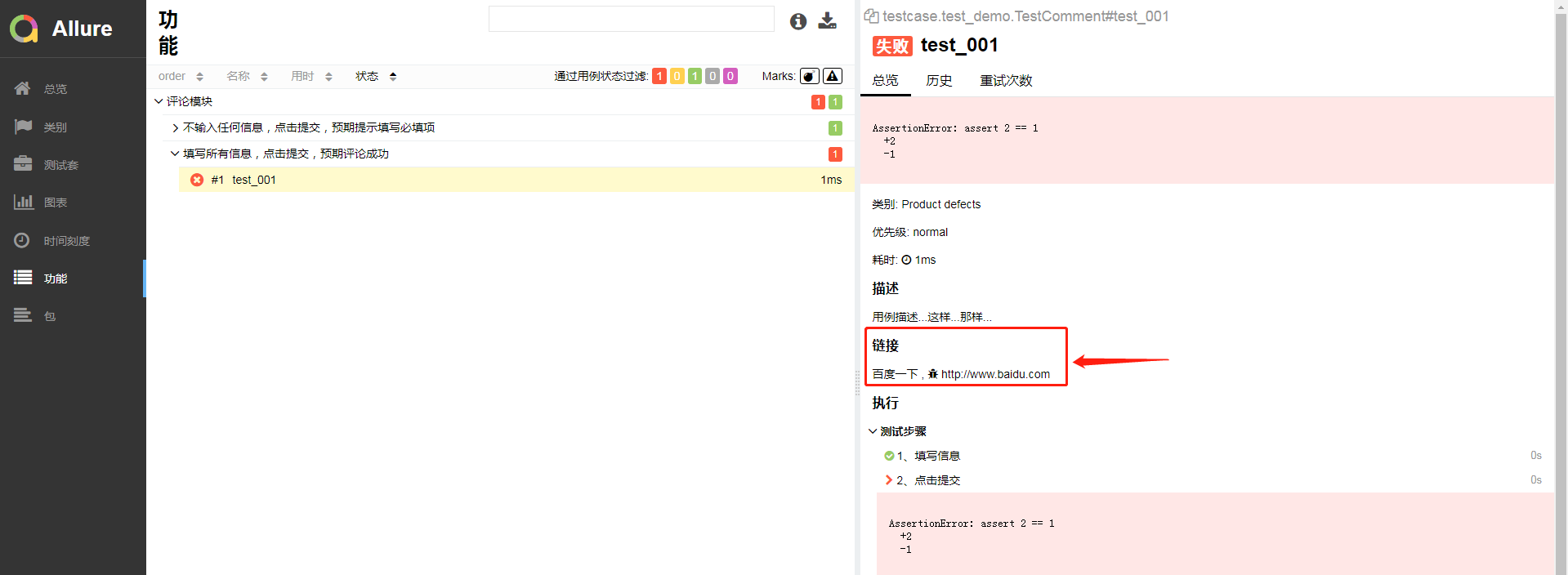
attach
在报告中添加一些附加内容,内容可以为文本信息、图片、文件等。
import allure
@allure.feature("评论模块")
class TestComment:
@allure.story("填写所有信息,点击提交,预期评论成功")
@allure.description("用例描述...这样...那样...")
@allure.issue("http://www.baidu.com")
@allure.testcase("http://www.baidu.com", "百度一下")
def test_001(self):
with allure.step("1、填写信息"):
print("\n填写信息")
assert 1 == 1
with allure.step("2、点击提交"):
print("\n点击提交")
# attach 添加文本信息
allure.attach("文本信息标注信息...", "别名")
# attach 可以添加图片
allure.attach.file(r"D:\Users\User\Desktop\图片管理\60-60.jpg", "图片", attachment_type=allure.attachment_type.JPG)
# attach 可以添加html文件
allure.attach.file(r"D:\Users\User\Desktop\图片管理\test.html", "html文件", attachment_type=allure.attachment_type.HTML)
@allure.story("不输入任何信息,点击提交,预期提示填写必填项")
def test_002(self):
"""用例描述...也可以...这样...那样"""
print("\n点击提交")报告样式如下:
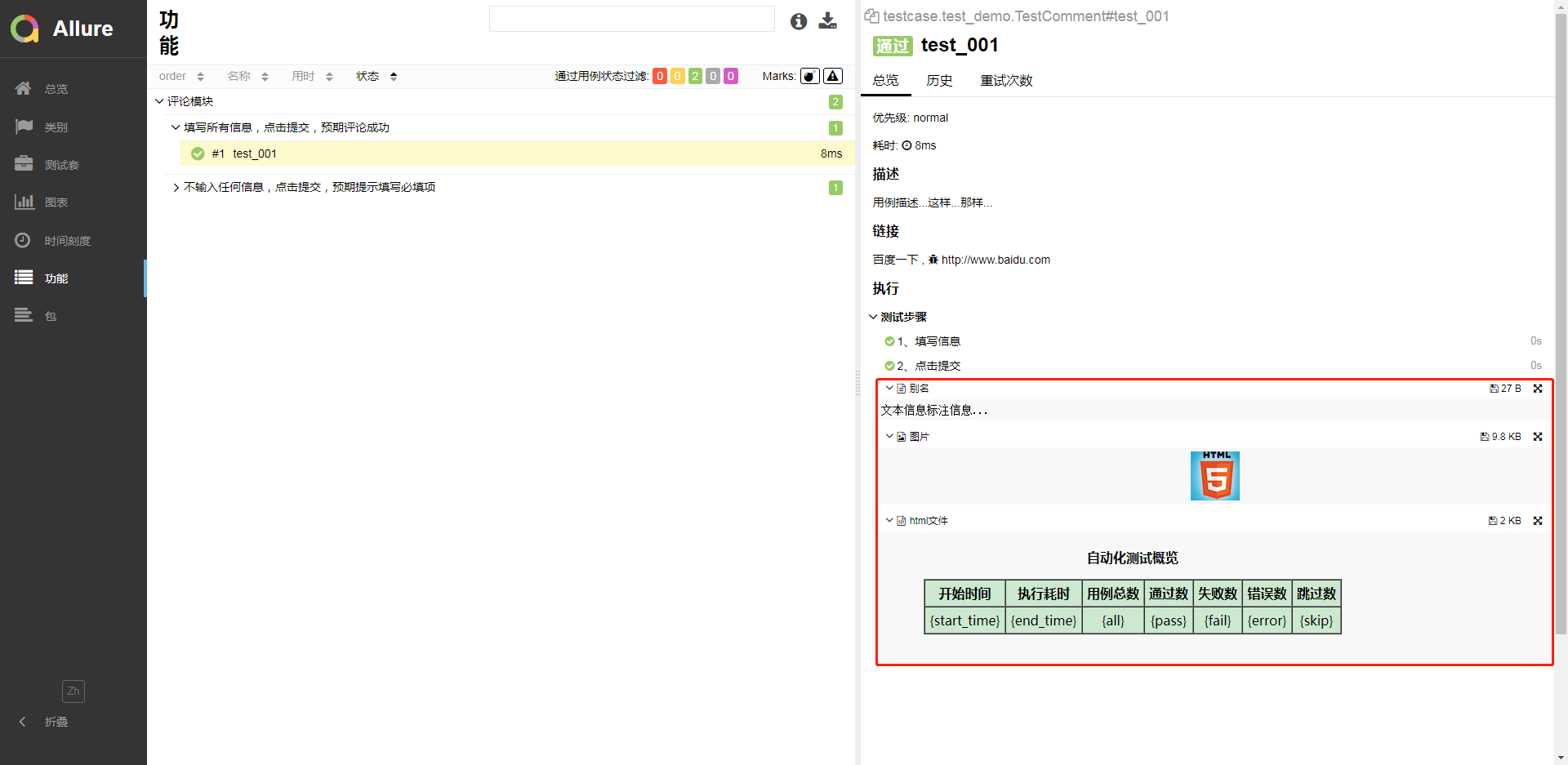
severity
为测试用例的划分重要级别,包含blocker, critical, normal, minor, trivial 5个不同的等级。默认是normal级别。
import allure
@allure.feature("评论模块")
class TestComment:
@allure.story("填写所有信息,点击提交,预期评论成功")
@allure.description("用例描述...这样...那样...")
@allure.issue("http://www.baidu.com")
@allure.testcase("http://www.baidu.com", "百度一下")
def test_001(self):
with allure.step("1、填写信息"):
print("\n填写信息")
assert 1 == 1
with allure.step("2、点击提交"):
print("\n点击提交")
# attach 添加文本信息
allure.attach("文本信息标注信息...", "别名")
# attach 可以添加图片
allure.attach.file(r"D:\Users\User\Desktop\图片管理\60-60.jpg", "图片", attachment_type=allure.attachment_type.JPG)
# attach 可以添加html文件
allure.attach.file(r"D:\Users\User\Desktop\图片管理\test.html", "html文件", attachment_type=allure.attachment_type.HTML)
@allure.severity("blocker")
def test_002(self):
pass
@allure.severity("critical")
def test_003(self):
pass
@allure.severity("minor")
def test_004(self):
assert 1 == 2报告样式如下:
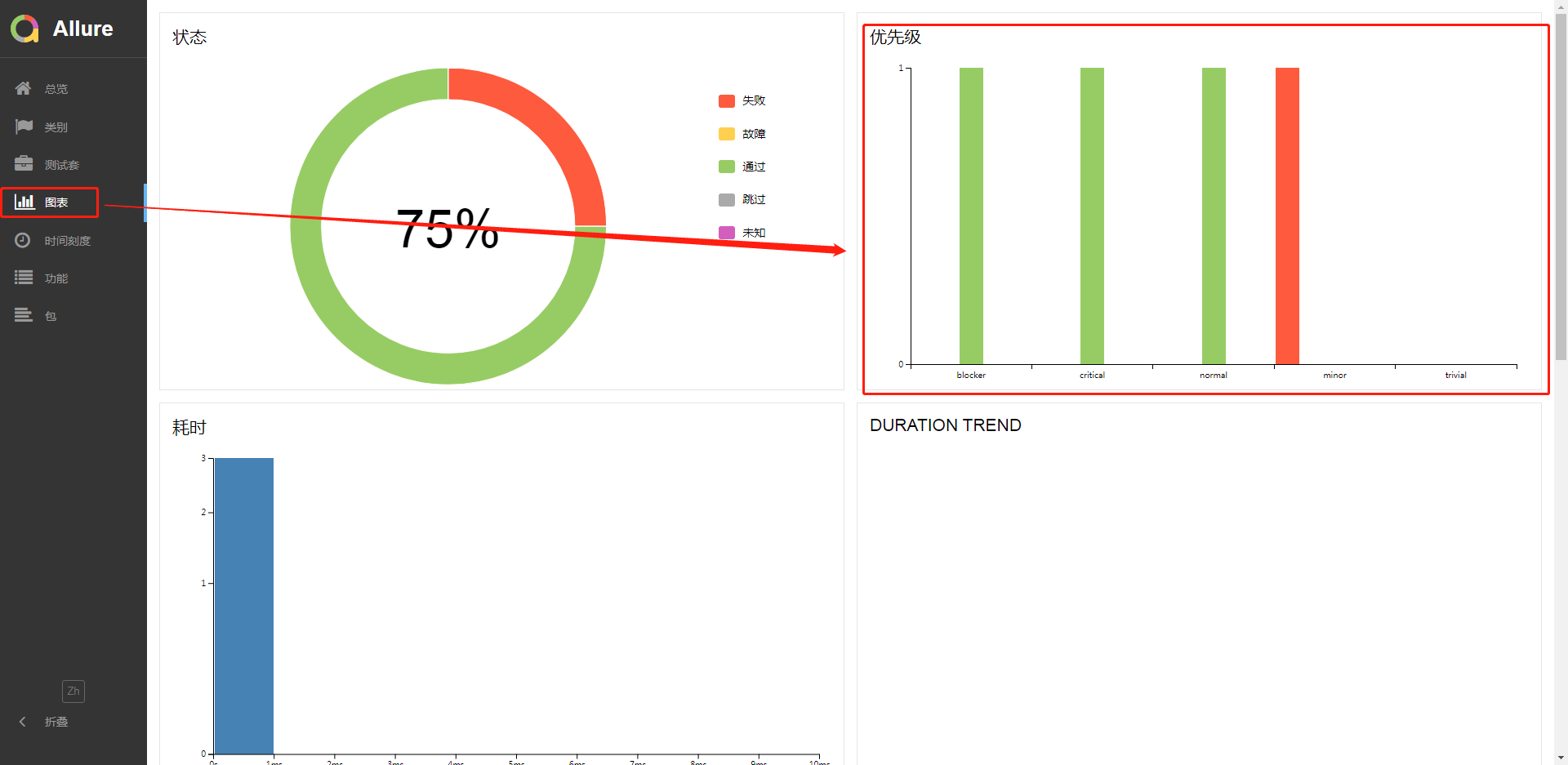
环境配置信息
在概览中查看环境配置默认是没有的。
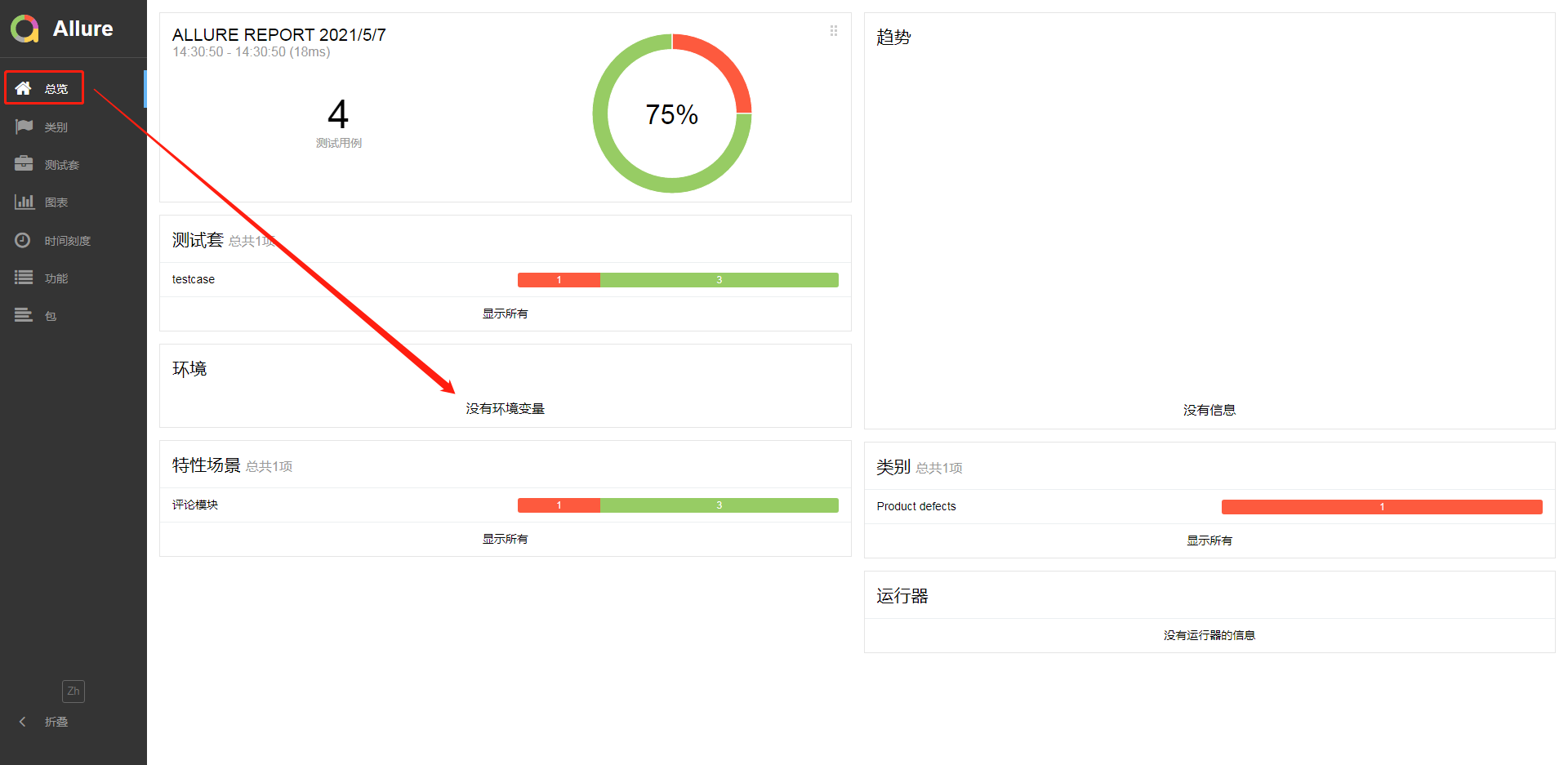
若要在报告中增加环境信息需要在第一步生成的json文件中,增加一个environment.properties文件,文件内容如下样式:
systemVersion=win10
pythonVersion=3.8.5
allureVersion=2.13.9
baseUrl=http://192.168.1.x:8080
projectName=test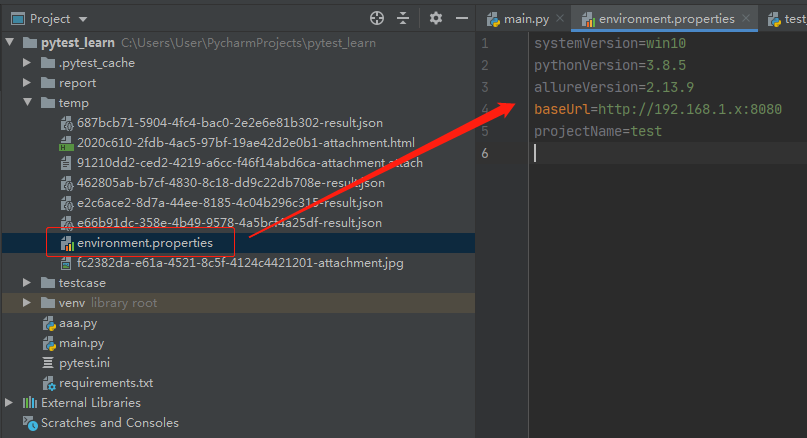
然后再执行并生成报告,报告样式如下:
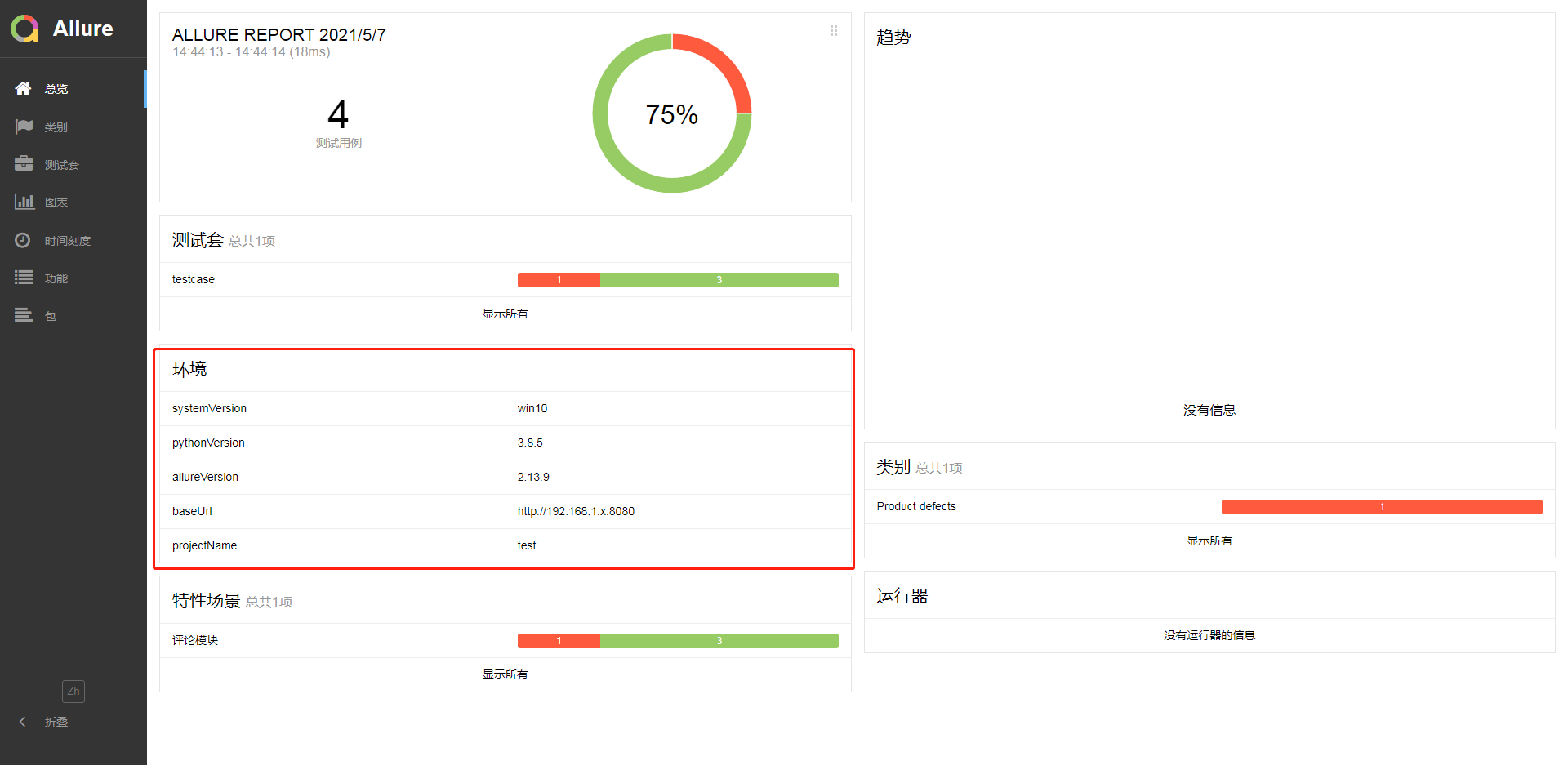
在allure 1.X的中,可以通过一个以test开头的py文件来配置,该方法在 2.X已弃用,仅供了解:
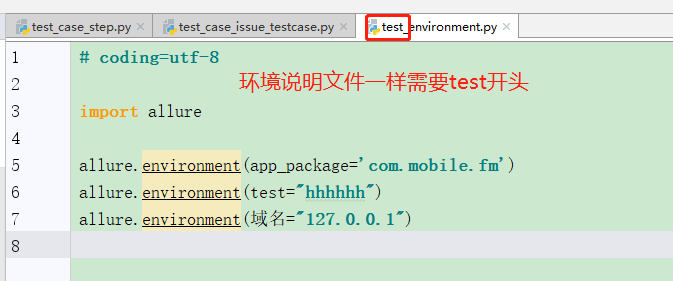
报告样式如下:
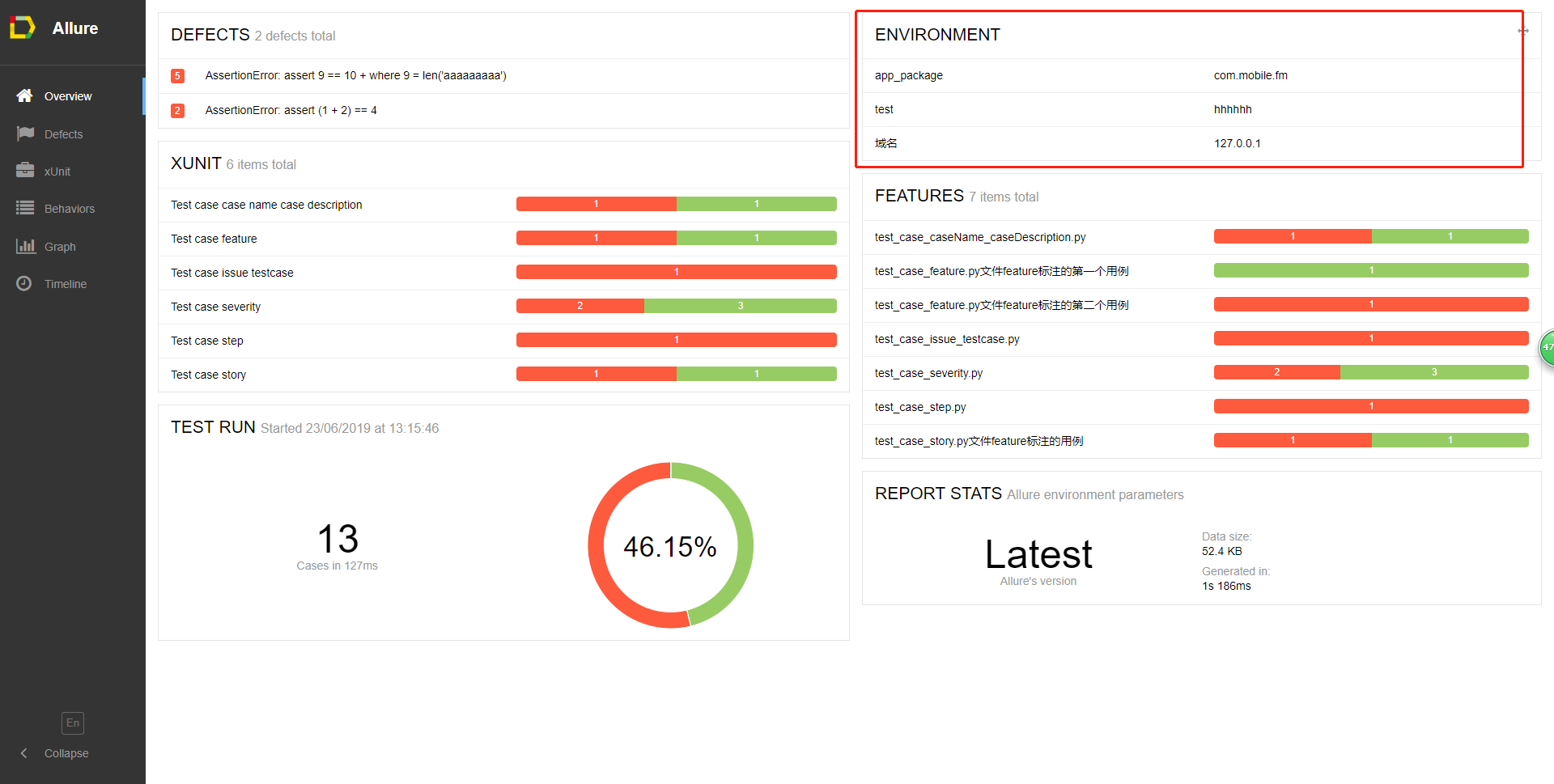
- feature && story
- description
- step
- issue && testcase
- attach
- severity
- 环境配置信息
-事必有法,然后有成- 最后祝大家早日达到测试的天花板!
以下是我收集到的比较好的学习教程资源,虽然不是什么很值钱的东西,如果你刚好需要,可以留言【777】直接拿走就好了
